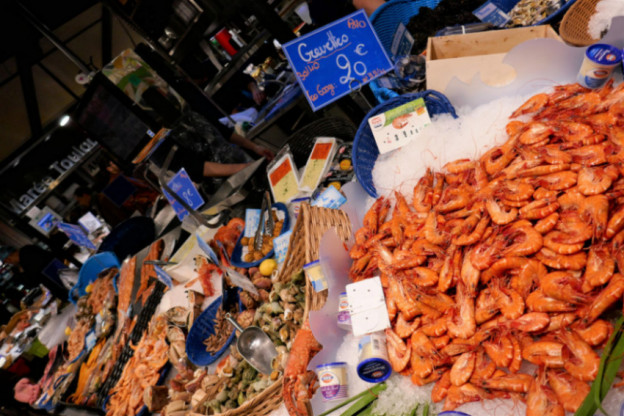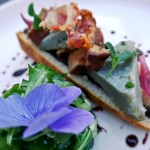Amy McPherson eats her way around Toulouse and discovers a gourmet paradise eating in Toulouse in southwest France.
It was raining when I stepped off the train at Toulouse Matabiau station. Not that I minded. I had a mission in Toulouse, to discover how this southwestern city more known for its heavy style of cuisine such as the cassoulet, had become a gourmet paradise.
I have spent enough time around France to know that the French take their cuisine and the act of eating very seriously. The idea of complementary pairing of food and selected beverage (mostly wine), as well as the preference to sit down for a meal rather than the convenience of takeaway, is at the heart of the region why the French Dining is an UNESCO Intangible Heritage.
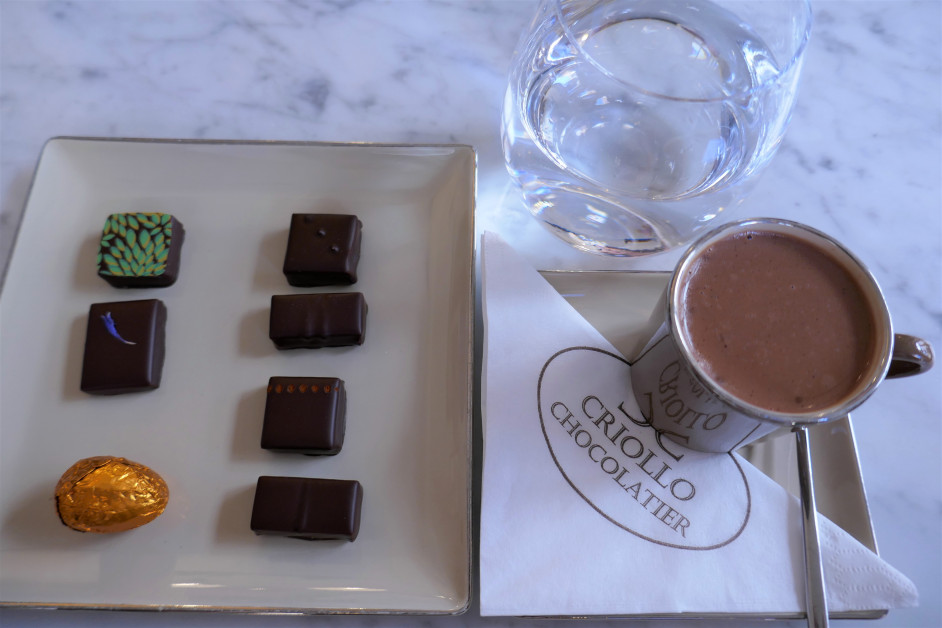
However, times are changing, at least in Toulouse. Students make up a quarter of the population in Toulouse, and their enthusiasm for the new and contemporary has had an influence in the food culture in Toulouse. In some ways, eating in Toulouse became bolder, more experiential, and more colourful in the way of cuisine.
I meet Jessica Hammer, founder of Taste of Toulouse, who runs walking tours around the city with a focus on sampling some of the region’s best produce.
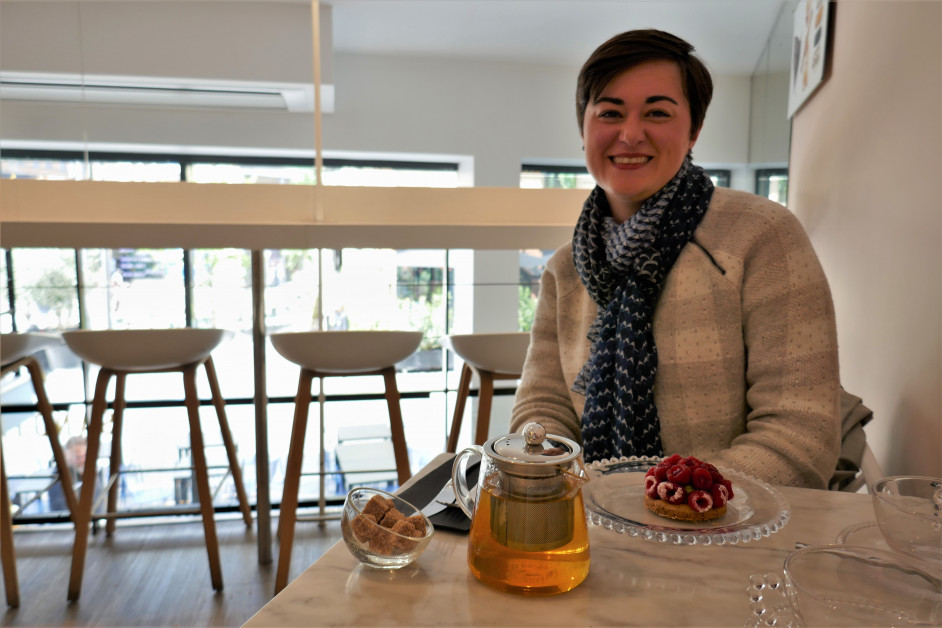
Jessica and her husband moved to Toulouse about 13 years ago from Chicago in the USA. Jessica has a background in Marketing, but after working in a cheese and wine shop became fascinated by the French food culture.
“Toulouse is one of those places I felt right at home,” she explained, “it’s a city with easy access to the countryside for artisanal products from great producers with deep connections with the region.”
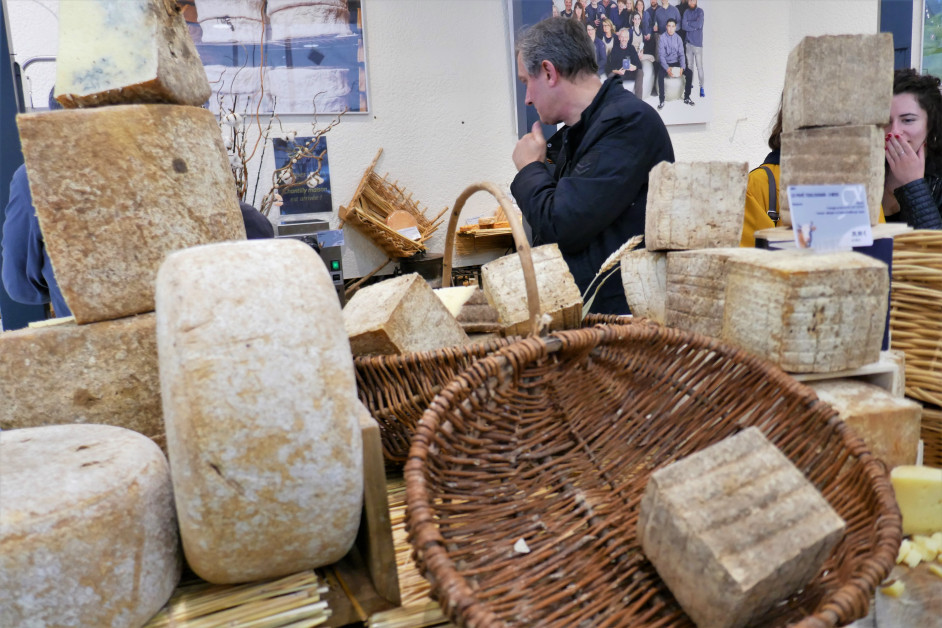
Starting a food tour company wasn’t easy to begin with, but Jessica has her own philosophies on how to get the best out of a trip to France.
“The best way to get to know the French is to learn through food – everyone loves to talk about food!”
We begin right in the city centre. The glistened floor at the Place du Capitole reflected the red and brown hues of the brick buildings surrounding it, magnificent under the dim streetlights, living up to the city’s nickname, Ville Rose, the Pink City.
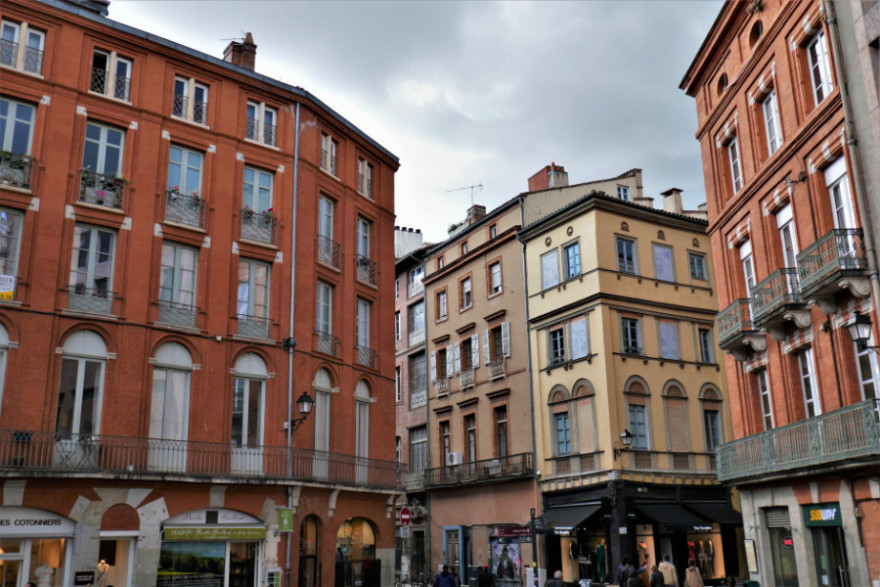
Toulouse’s terracotta heritage extends back to the Roman era. The city’s geolocation on clay terraces that were formed when the Garonne River retreated abruptly after the last glacial era meant it was the main form of building material available.
Jessica leads me to the city’s Victor Hugo Market. Dating back to 1896, this covered market is considered one of the most prestigious markets in France. We browse the colourful fresh produce stalls filled with the best of the season’s vegetables, seafood merchants’ baskets stacked with fish, oysters, clams and langoustines, and the butcher’s shelves a celebration of the best of the meats and products, such as the hearty Saucisse de Toulouse, the main ingredient to most cassoulet recipes.
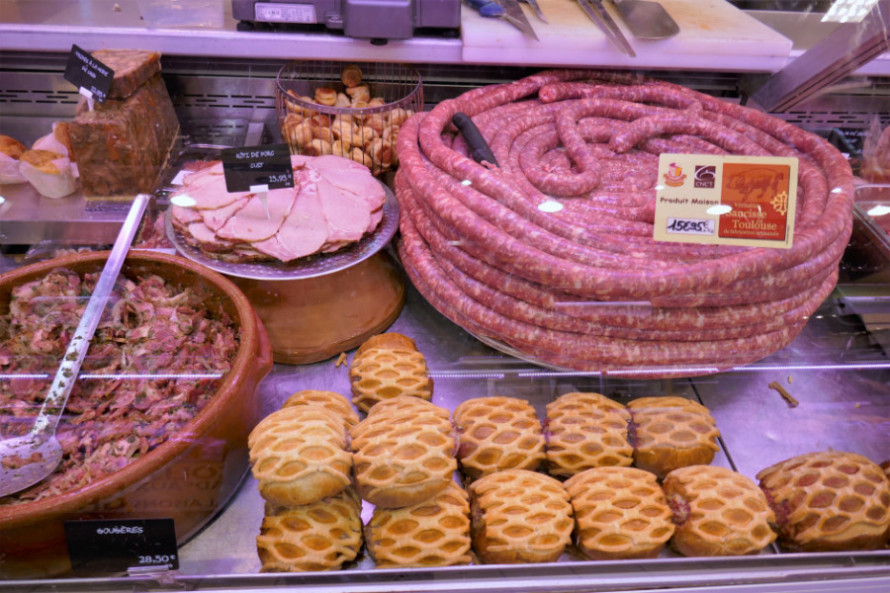
Following our noses, we stroll towards the eating area where the aromas of fresh bread, patisserie and boiled sweets tempted my appetite. Jessica buys a stick of baguette de tradition and a thick slice of foie gras à la ancien before luring me to stand by a standing table made of wine cask where a well-plated charcuterie paired with glasses of wine have been prepared for our arrival.
I mention that this setting feels somewhat less French and more Spanish. Jessica laughs.
“Well, we are almost to the Spanish border after all!”
She is right. Situated in the heart of the South-West, in close proximity to the Pyrenees and the Mediterranean, as well as the picturesque hills and villages of Garonne et Tarn region, Toulouse is in fact perfectly located for exploring the best of many worlds old and new, which is reflected in the cuisine.
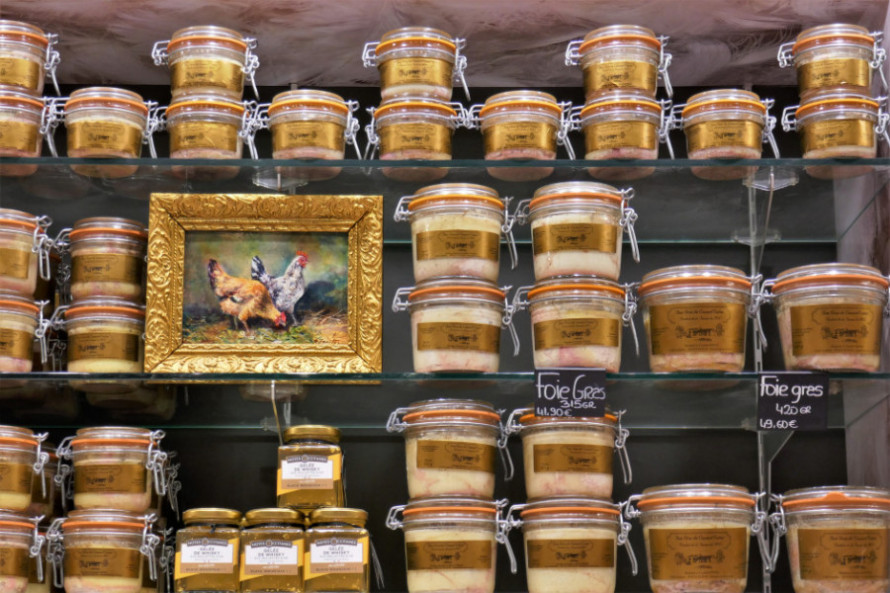
After some deliberation over what we should eat next, Jessica takes me to her favourite cheese shop, Xavier Fromagerie for an excellent selection of locally produced cheeses before taking me on a tour around Toulouse to walk off the starters.
“Because we still have some desserts to try!”
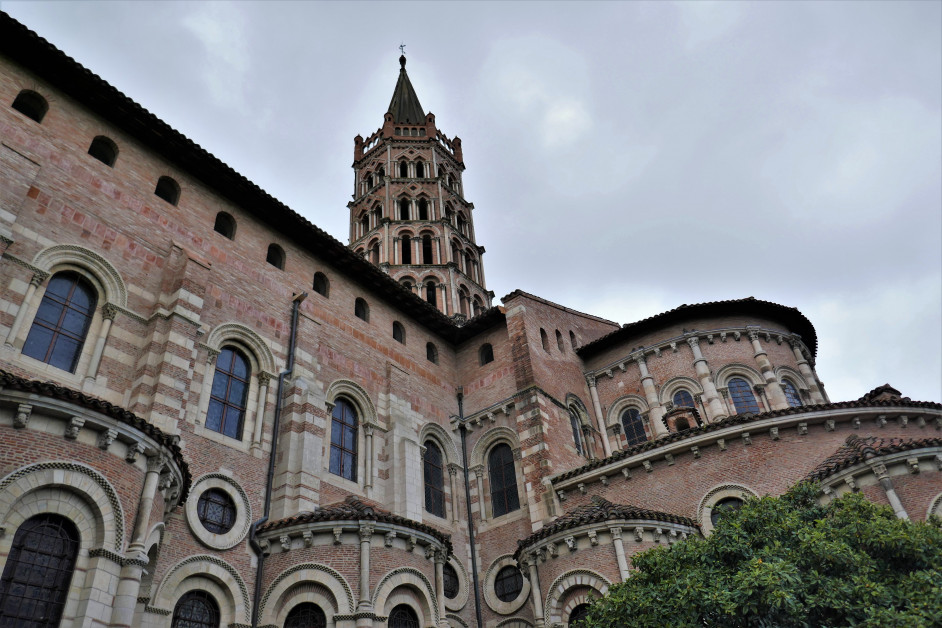
With 2000 years of history, there is a lot to absorb in Toulouse. The well-preserved churches and mansions attest to the city’s historical importance and wealth. The UNESCO Romanesque basilica of Saint-Sernin and the Hotel-Dieu Saint-Jacques hospital which was originally built as a hospice for the poor are two of the major sites that dominate the Toulouse skyline, and the religious connections mark the city as part of the Way of St James pilgrimage route.
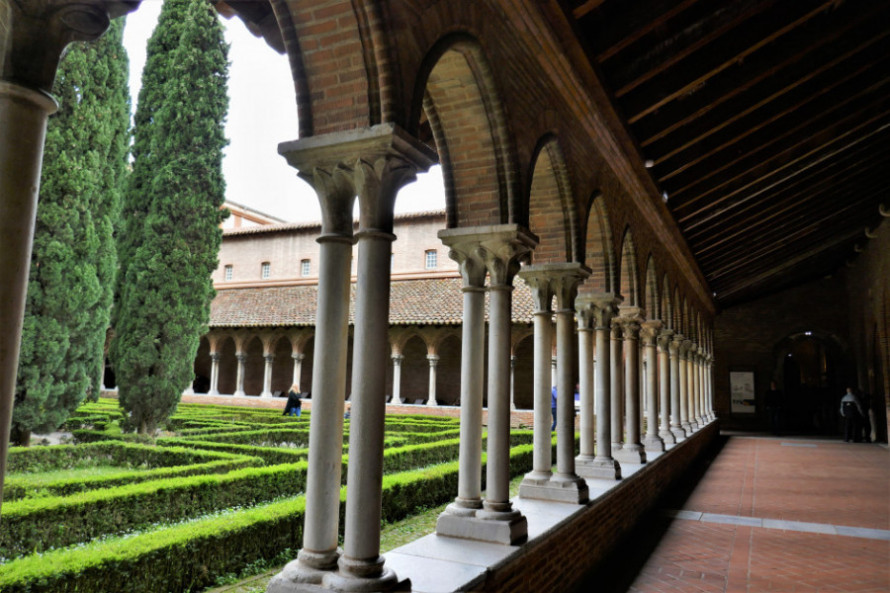
As we stroll through the cloister of the Convent of the Jacobins, where the body of St Thomas Aquinas is buried beneath the altar, a chorus of strong solid singing erupted from nearby. We had stumbled across a traditional Occitanie polyphonic Choir on a pilgrimage to sing in all the churches they pass through. Their voices sincere and deep, paying homage to the layers of history of this convent and Toulouse itself.
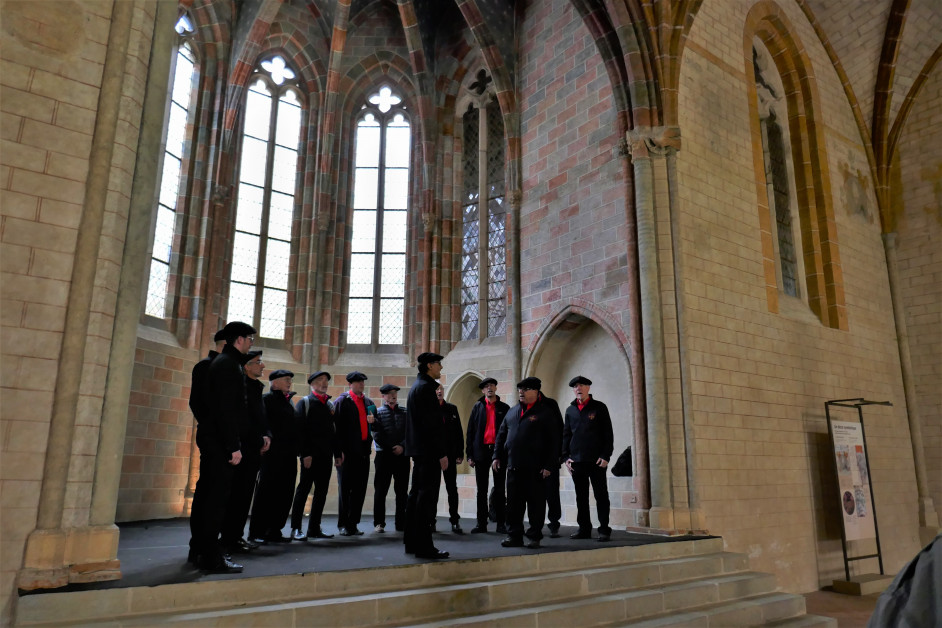
Finally, time for dessert. Jessica takes me shopping in a couple of chocolatiers where I tried some artisan chocolates flavoured with violets. Violet is the flower of Toulouse and known to the be original of the ‘royal blue’ previously worn by the French monarchy.
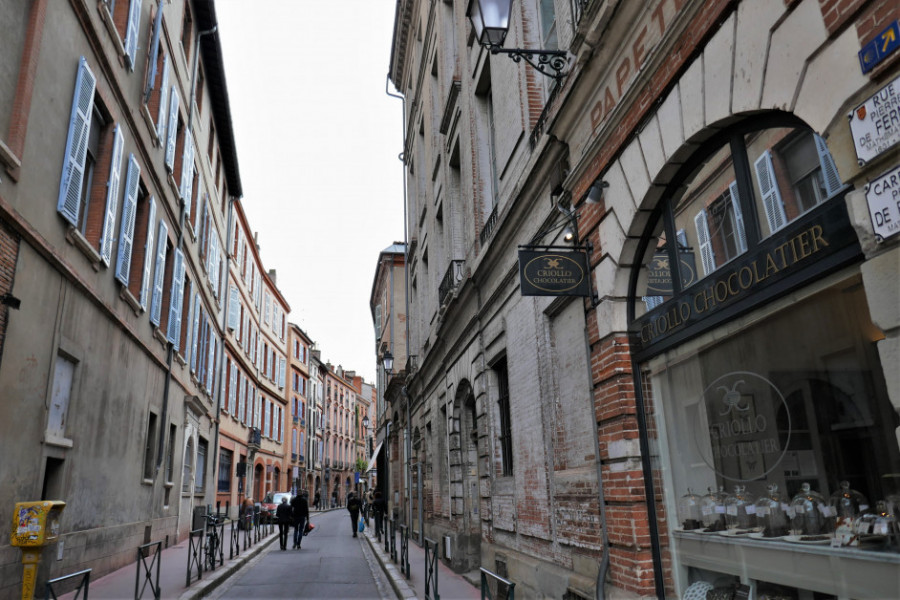
Spending a day eating in Toulouse n Jessica’s care had giving me a fresh look into the enthusiastic producers in and around Toulouse, but I had a dinner date to attend. So, a quick visit to La Maison de la Violette fulfils all my violet-y desires before we bid each other farewell over a cup of tea in one of the modern patisseries popping up all over Toulouse.
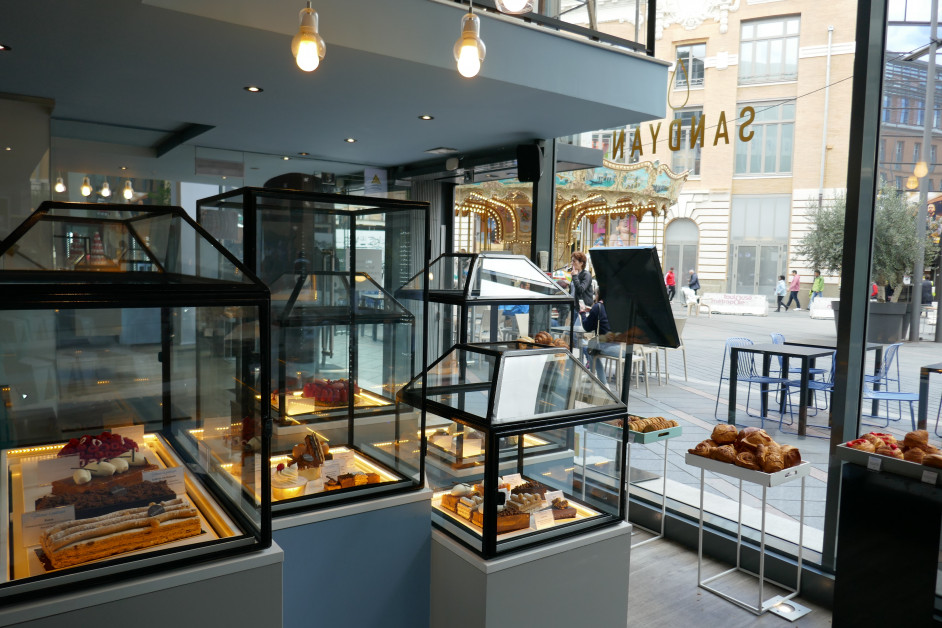
Other than great markets and creative producers of all things sweet and savoury, I am treated to dinner at La Gourmandine bistrot urbain. Toulouse is home to a dozen Michelin-star chefs whose love of the region takes dining to the next level.
All images (C) Amy Mcpherson
Tell Me More About eating in Toulouse
Getting There
Various airlines fly direct to Toulouse-Blagnac Airport. The journey from London takes 1 hour and 50 mins.
Alternatively, take the Eurostar to Paris (2.5 hours) then change for a SNCF train to Toulouse (5.5 hours).
Staying there
Novotel Toulouse Centre Wilson is on the edge of the city centre with modern and comfortable rooms with rates starting around £116.20 per night, room only.
Grand Hôtel de l’Opéra Toulouse Centre is spectacularly located on Place du Capitole. With a history dating back to 1359 as the Saint Martial College, the hotel offers a piece of Toulousian heritage with luxury fittings. Rates starting from €270 per night, room only, with seasonal promotions available.
Touring there
Taste of Toulouse runs food and wine tours around the city. The popular Cheese and Wine Tasting Tour cost €299 for groups of up to 4 people, then 69 € for each additional person. Jessica is also offering virtual experiences for those who can’t make it to Toulouse.
For more information on Toulouse, visit Toulouse Tourism

